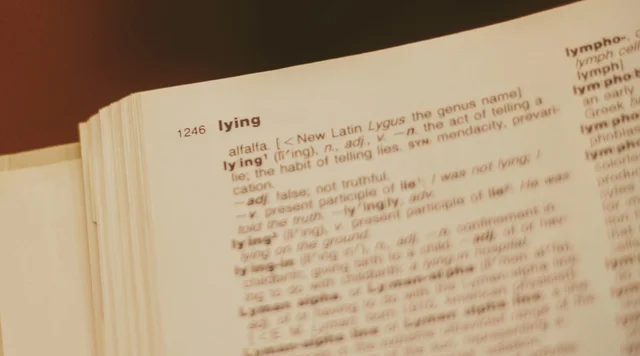
When I first started practicing in the District of Delaware, in the decade before last, I was told there are certain rules of citation that should always be followed in filings here. I've heard these repeated by others as well.
Most of these fall into the bucket of "we do it this way because the Court prefers it," which is—obviously—a great rule of thumb. But does the Court really prefer that the bar do these things?
Out of curiosity (and for the sake of a blog post), I took a look at some of the D. Del.-specific citation rules that I've heard and applied, and whether each of our sitting judges has been applying them lately.
My thought process here is that if a particular judge has a strong preference for one citation style or another, that will probably be reflected in their own written opinions (assuming no law clerks are going rogue and slipping in their own citation preferences).
Below are some of the rules I've heard of or applied myself, and my findings as to whether they seem to reflect current judicial preferences:
"Case numbers in D. Del. should be stated as 00-000-XYZ." True.
In PACER, and in some other districts, case numbers are commonly listed like this:
1:18-cv-01892-JDW-CJB
But in the District of Delaware, that case number would typically be stated in a brief or opinion in a shorter, cleaner form:
18-1892-JDW-CJB
As the District of New Jersey's website helpfully explains, the "1:" at the beginning of the longer-form number indicates a "division" within the District.
The District of New Jersey has three divisions, corresponding to its three courthouses. The District of Delaware, however, only has one courthouse and, to my knowledge, all D. Del. case numbers in PACER are preceded with "1:". The judges mostly omit this part of the case number.
The "-cv-" in the middle of the case number stands for "civil." You may also see "-cr-" for criminal and "-mc-" for miscellaneous cases. But, in D. Del., this is commonly omitted as well. I don't know why this is omitted, really, but I like it. It results in shorter case numbers and rarely if ever causes confusion.
Finally, the Court and practitioners usually omit the leading zeros, at least if the second number is above 99. Rather than "18-01892," they write "18-1892."
"Case numbers must always be abbreviated as 'C.A. No.'" A myth!
Some attorneys are particularly emphatic about this one, I've applied this rule myself.
But it looks like ...








